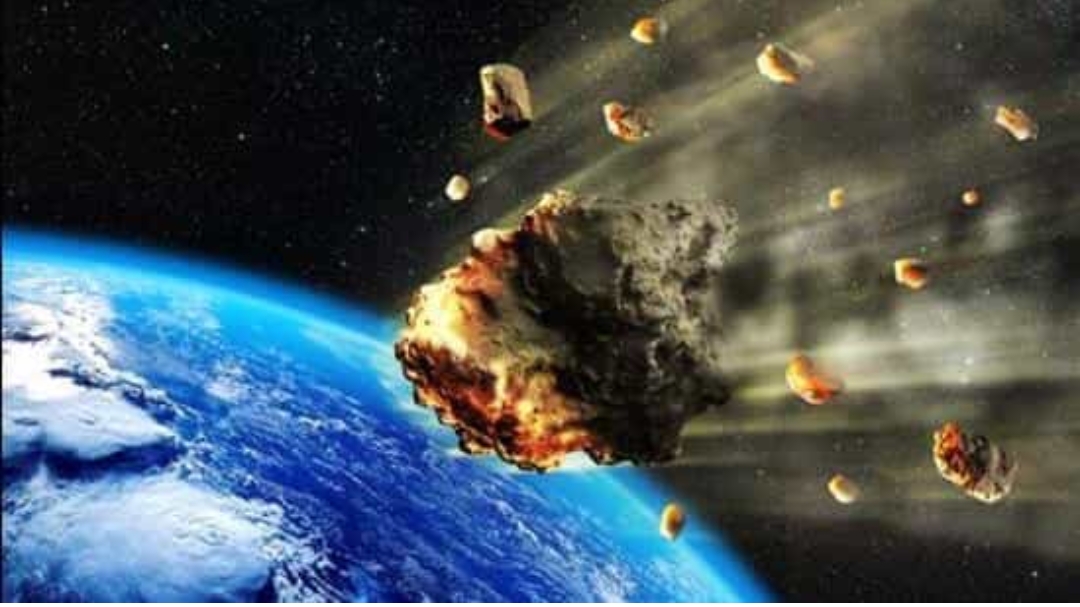The meteorite that fell in Gujarat’s Banaskantha district on August 17 last year was a rare specimen of an aubrite seen in India for the first time since 1852, according to a paper published in the Indian Academy of Sciences peer-reviewed journal Current Science last month.
A group of scientists at the space department’s Physical Research Laboratory in Ahmedabad, who wrote the paper on the basis of their study, found the aubrite mainly contained a mineral known as enstatite with characteristics similar to what is thought to be on the surface of Mercury. The paper said the Indian subcontinent has an exceptional record of meteorite falls (with over 450 to date). The last aubrite fall in India was reported in 1852 in Uttar Pradesh’s Gorakhpur.
The researchers said aubrites are rare meteorites originating from an extremely reduced differentiated parent body in the solar system.Aubrites are coarse-grained igneous rocks formed under extremely reducing conditions or by little or no free oxygen. They contain a variety of exotic minerals not found on Earth. “The similar and unique characteristics of highly reducing conditions on the surface of planet Mercury and aubrite often suggest that enstatite meteorites are the potential petrologic and geochemical analogs of planet Mercury, even though we do not have any known Mercurian samples in our collection. Therefore, this rare specimen of meteorite not only improves the existing meteoritic database but will be important for understanding the planetary processes in the future,” the paper said.
Residents of Banaskantha’s Rantila village reported the fall of the meteorite. One of them said he heard a thunderous sound similar to a jet plane passing by. The meteorite hit a neem tree branch and broke into several fragments. The villagers collected its pieces with the largest weighing around 200 gram. A fragment of the meteorite fell close to Ravel village, around 10 km from Rantila, and created a loud sound. The fragment damaged the floor tiles of a porch and created a small crater. Residents said the meteorite had a strong pungent smell.




